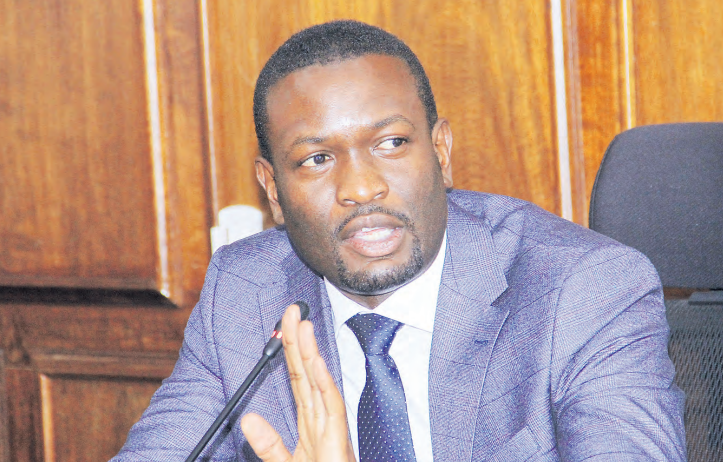

Nairobi Senator Edwin Sifuna has supported the 'Blood Parliament' documentary by BBC Africa Eye, maintaining that the events of June 25, 2024, as captured in the film, are accurate and undeniable.
Sifuna said he was present in Parliament on that day, affirming that the documentary’s contents were not exaggerated or fabricated.
“The story of June, 2024 is already written and as they say, the ink is dry. Those attempting to rewrite it will find it especially difficult because this particular piece of history is written in blood,” he said.
“Speaking as someone who was present in Parliament that day, the events depicted in the Blood Parliament documentary by BBC Africa Eye are not fabrications. They happened. We all saw it live and on our screens.”
Sifuna further urged the public and leadership to confront the realities portrayed rather than retreat into denial or defensiveness.
“We must encourage these stories to be told from all angles for the sake of truth and justice,” he said.
“Those who are uncomfortable with this are wrestling with their own consciences, and we cannot help them with that.”
His comments come amid national conversation and controversy following the release of the documentary.
The investigative piece shows the unprecedented brutality in Nairobi during the June 2024 anti-finance bill protests dubbed “Occupy Parliament”.
The documentary links Kenya Defence Forces (KDF) officers to acts of brutality during the protests when demonstrators stormed Parliament, with several being shot dead.
Sifuna’s remarks counter those of Homa Bay Town MP who has called for banning of BBC Africa’s operation in the country.
Kaluma
claimed the documentary was biased, accusing the BBC of failing to ensure
balance in its reporting, adding that it risks destabilising the country.
“Ban BBC Africa in Kenya. The role played by the media in any democracy is too important to be discharged irresponsibly. The media can build greater democracy or destroy an otherwise stable state,” he said on X.
“The documentary is twisted, partial, reckless, and intended
to incite chaos in Kenya. The relevant agencies of the government of Kenya must
act fast to withdraw the BBC license in Kenya.”
He referenced the 1994 Rwandan genocide against the Tutsi, warning that such media content could lead to similar consequences if not addressed.
The BBC exposé, which features activists such as Hanifa Adan, Embakasi East MP Babu Owino, Law Society of Kenya President Faith Odhiambo, and student journalist Allans Odemba, reveals the shootings that took place during the breach of Parliament.
The 37-minute-long video unmasked three of the alleged perpetrators who killed three protesters including David Chege, Ericson Mutisya and Eric Shieni, a 27-year old finance student.










